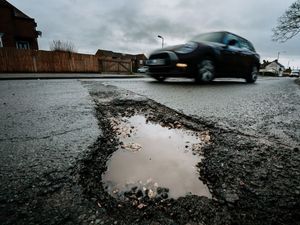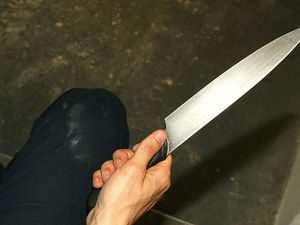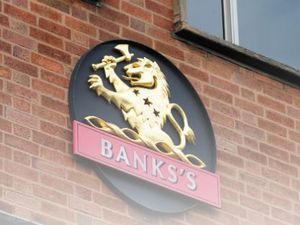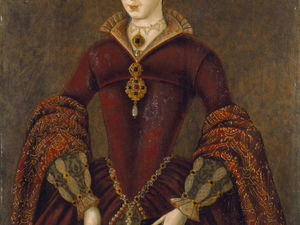Hitler failed to beat Britain – or its sex drive: The rise of promiscuity during WW2
Among the broken, rubble-strewn wastelands of a bombed out West Midlands, something spread between the splintered brickwork and shattered glass.
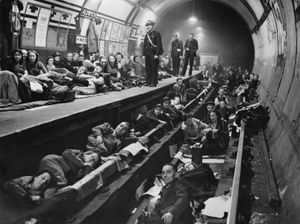
Something rose above the dust-clouds created by Hitler’s bombs, something that had once festered in the dimly lit basement of communities rose near unchallenged.
Crime and sleaze. Zoot suited spivs, hair oily with pomade, fiddled while our towns and cities burned. They built black market empires by flogging silk stockings, cosmetics and groceries to families deprived of life’s little luxuries.
Organised crime flourished, often fuelled by items looted from wrecked homes.
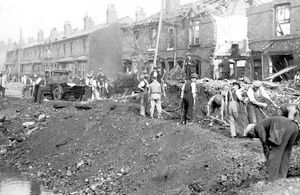
And as with America’s Prohibition years, deprivation steered law-abiding folk to criminality. They courted the underworld.
The war was a time for heroes. It was also a time for villains.
And in the broken darkness of our bombed out wastelands, behind the blackouts’ drawn blinds, a red light shone.
The sex industry surfaced on streets never before blighted by prostitution, as pimps cashed-in on the tide of American GIs – in total, 1.5 million – shipped to our shores.
Their antics spawned the slogan: “Overpaid, oversexed and over here.”
The long nights of dropped bombs also sparked an unlikely sexual revolution, with shelters becoming hotbeds of promiscuity. Individuals, squeezed tightly together under blankets, were given the opportunity to know each other a lot better.
During the blitz years, bordellos blossomed in the most unlikely of places. Owners of once respected guest houses allowed their rooms to be used by prostitutes and their uniformed customers.
Concerned by the moral decay, the Bishop of Coventry publicly referred to an un-named Midlands town that had become “virtually a brothel”.

